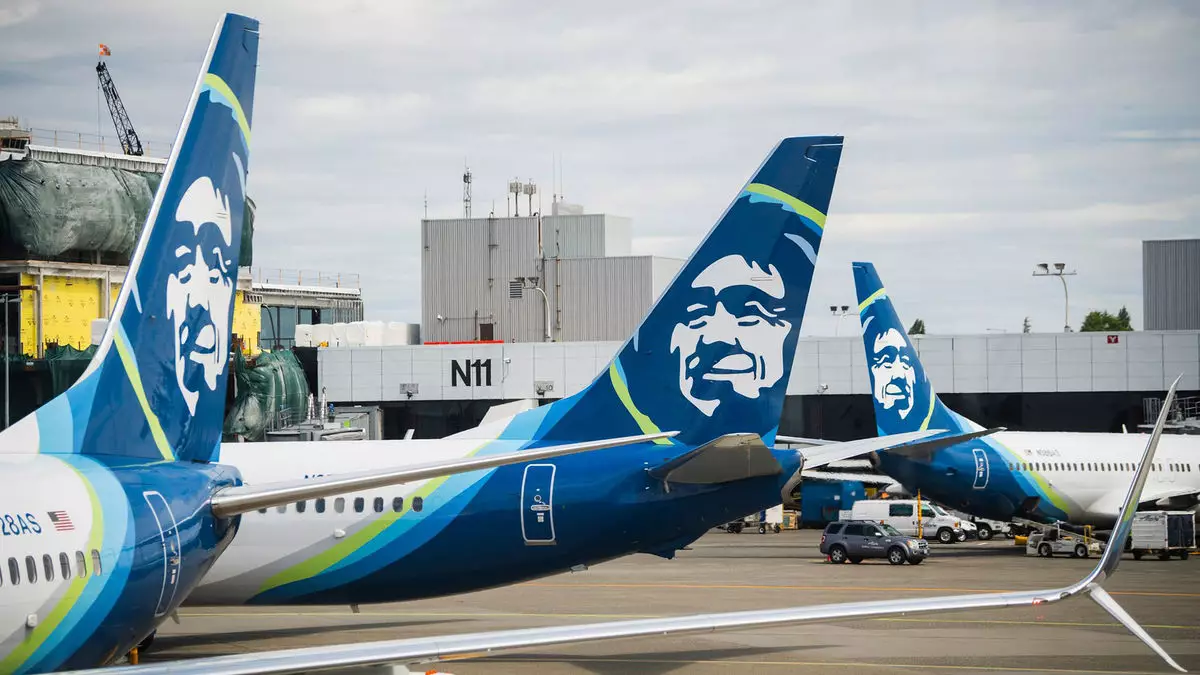In a frustrating turn of events for travelers, Alaska Airlines temporarily grounded its flights at Seattle-Tacoma International Airport due to significant disruptions stemming from a technology issue on a Sunday night. This incident, which caught many passengers off guard, initially left countless travelers perplexed and anxious about their itineraries. Though the problem was identified and settled by around 10 p.m. local time, the airline faced a torrent of complaints on social media, prompting them to issue apologies and reassurances about the resolution.
In the age of instant communication, timely updates are crucial, especially for airlines that rely heavily on technology for operations. Alaska Airlines took to X (formerly Twitter) to address the concerns of irate customers, but the initial lack of clear information about the technology failure understandably added to the frustration. Passengers were encouraged to verify the status of their flights, and the airline even suggested that travelers consider changing or canceling their plans if their schedules allowed. Such advice indicates an awareness of the disruption’s potential impact but also highlights the inadequacy of communication in such a critical moment.
This incident comes on the heels of another alarming situation affecting Seattle-Tacoma Airport’s operations. Just last week, the airport’s management disclosed that they were dealing with the repercussions of a severe cyberattack that occurred in August. Hackers had extracted sensitive documents and were subsequently demanding a hefty ransom paid in Bitcoin. This multifaceted threat landscape is reshaping how airlines and airports manage their technological systems. The Port of Seattle’s decision to refuse payment to the hackers signals a tough stance, but it raises questions about the long-term implications of such attacks on airport operations and traveler safety.
The recent disruptions at Alaska Airlines signal not just immediate operational challenges but also long-term implications for its reputation. The airline is at a pivotal juncture where operational integrity and customer trust are paramount. As airlines increasingly rely on technology for everything from ticketing to baggage handling, they must bolster their cybersecurity measures and ensure robust backup systems are in place. This incident, compounded by the previous cyber threat, raises critical questions about the vulnerabilities inherent in modern airline operations.
As Alaska Airlines and other carriers navigate these turbulent waters, the recent series of technology-related disruptions emphasizes the need for resilient operational frameworks. Ensuring that communication channels are open and clear, especially during crises, will be vital for maintaining passenger confidence. Moving forward, Alaska Airlines must not only resolve current issues but also invest in sustainable technology solutions and educate customers about changes and precautions being taken. Building a more secure and responsive system may enhance the overall travel experience, mitigating the risk of such disruptions in the future.


Napsat komentář